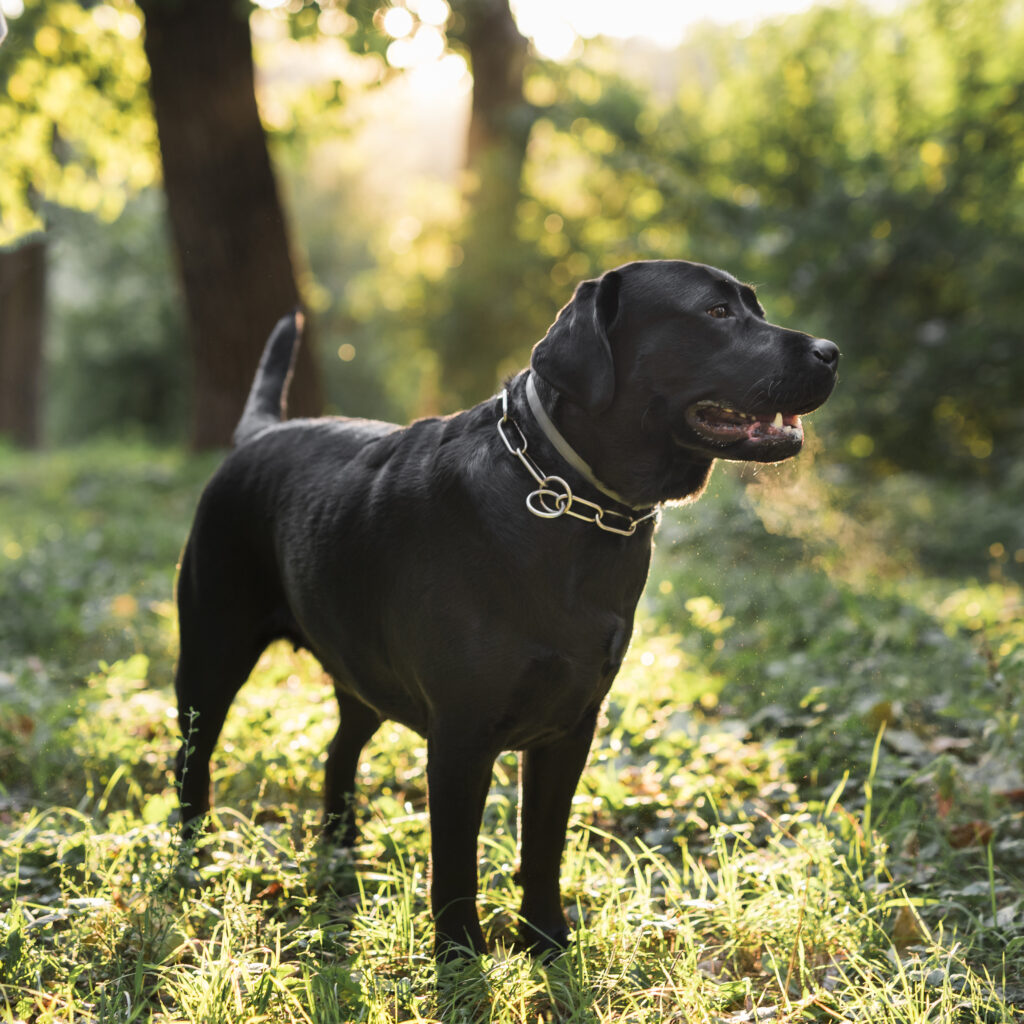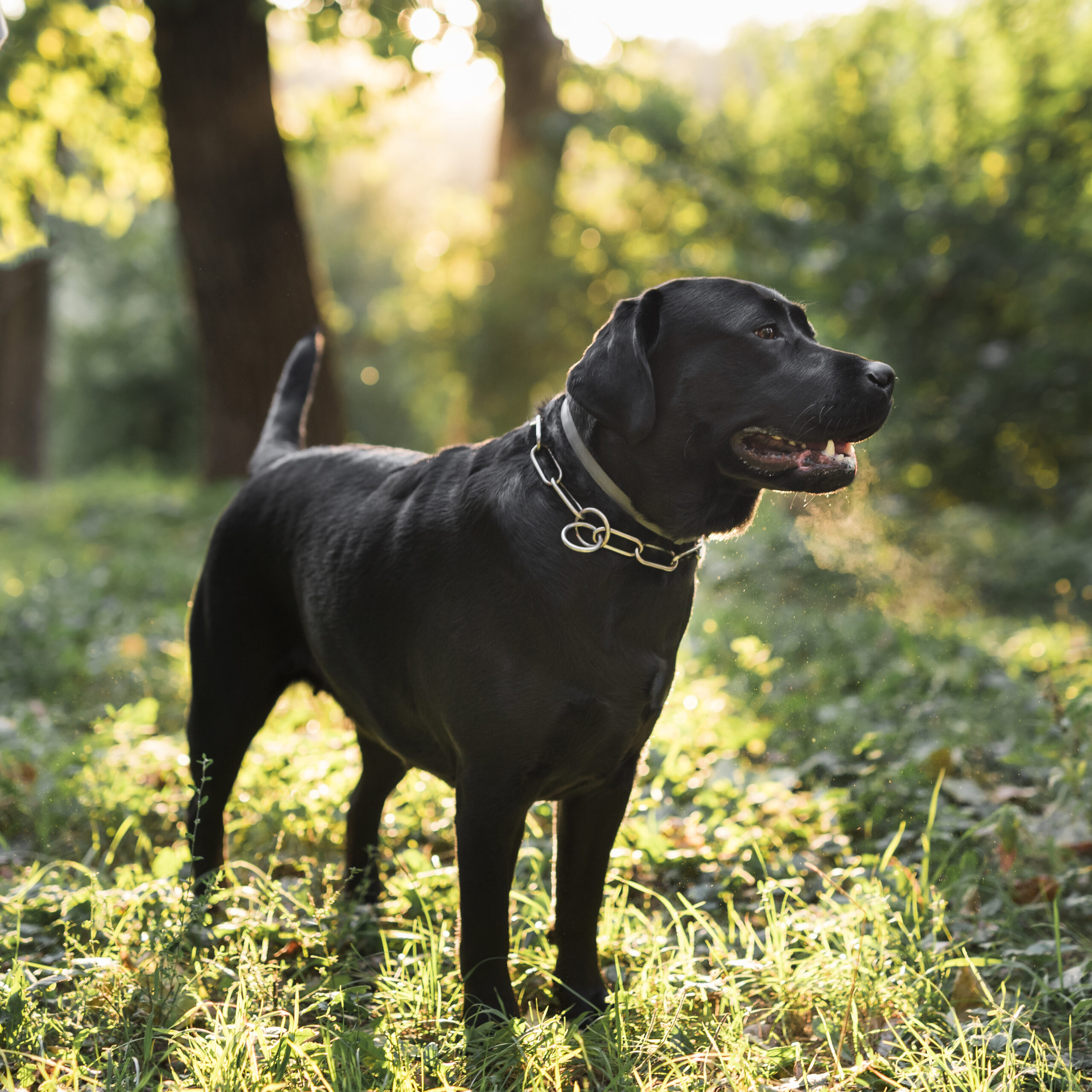Rottweilers are often regarded as imposing yet loyal guard dogs, revered for their protective nature and strong work ethics. However, within this majestic breed lies an even more striking and enigmatic variant—the all black Rottweiler. In this comprehensive Article, we intend to illuminate the details and dispel the myths surrounding this beautiful canine.
Table of Contents
History and Characteristics of the Well-being
The all-black Rottweiler is not officially recognized by major kennel clubs due to the deviation from the standard black and rust coloring, but this doesn’t diminish its allure. The stark contrast of its onyx coat against its muscular frame is a testament to its unique genetics.
Distinctive Coat and Build
In contrast to the classic tan and black markings, all black Rottweilers boast a uniform coal-black coat. This striking feature, combined with their robust build, instills an immediate sense of strength and poise. They maintain the breed’s characteristic square muzzle, powerful jaw, and attentive expression that exude an air of confidence and nobility.
Temperament and Intelligence
Beneath their intimidating exterior lies a gentle and affectionate nature. All-black Rottweilers are known to be excellent family pets, displaying extraordinary loyalty to their human companions. Their intelligence and eagerness to please make them receptive to training, with a keen sense of work ethic that stays true to the Rottweiler lineage.
Care and Training Tips for Owning an All Black Rottweiler

Caring for an all black Rottweiler requires attention to specific health considerations and an understanding of training methods tailored to their disposition.
Addressing Health Concerns
Genetic diversity in any breed is vital for eliminating the risk of inherited diseases. All-black Rottweilers may be predisposed to specific health issues such as hip dysplasia, cruciate ligament rupture, certain cancers, and aortic stenosis, a narrowing of the heart’s main artery. Regular veterinary check-ups and a balanced diet are crucial for maintaining their health.
Tailoring Training Routines
Training an all black Rottweiler should be a harmonious blend of consistent discipline and positive reinforcement. Early socialization helps them become well-mannered and adaptable to a variety of situations. Obedience training can channel their protective instincts in a controlled way, ensuring they understand when to be vigilant and when to relax.
Myths vs. Facts: Debunking Common Misconceptions
There are various misconceptions surrounding all black Rottweilers, many of which are rooted in hearsay rather than fact.
Misconception: They are More Aggressive
The belief that all-black Rottweilers are inherently aggressive is a misconception. Like any dog, their temperament is influenced by genetics and upbringing. Proper socialization and training play a significant role in shaping a dog’s behavior, and this fact holds for all black Rottweilers.
Misconception: Health is Compromised Due to Coloring
Some concerns have been raised about the health of all-black Rottweilers, attributing it to their color genetics. However, there is no scientific evidence to support this claim. Responsible breeding practices should be the focus, as they ensure the overall health and well-being of the breed, regardless of color.
Community Stories: Real-Life Experiences Shared by Owners
To gain a deeper understanding of all black Rottweilers, it’s invaluable to hear from the people who share their lives with these beautiful animals.
A Companion Like No Other
Owners of all-black Rottweilers often express how their pets are more than just guard dogs—they are affectionate and perceptive companions. Their stories highlight the bonds that these dogs are capable of forming and the enriching experiences that accompany their ownership.
Furry Heroes and Family Protectors
Many all-black Rottweiler owners share stories of bravery and loyalty, where their pets proved themselves as not only protective of their family but also heroic in times of need. These anecdotes reinforce the breed’s inherent qualities that make them exemplary family members.
Conclusion: The Charm of the All-Black Rottweiler
The all black Rottweiler is a breed exuding strength, resilience, and an unmistakable charisma that captures the hearts of many. Despite not conforming to the standard color expectations, these dogs have crafted a niche for themselves among Rottweiler enthusiasts and pet lovers alike. For those considering adding an all-black Rottweiler to their family, it is an invitation to welcome a steadfast companion, a diligent protector, and a loyal friend for life.
Read More Interesting Articles About Rottweiler: www.rottweilerlifestyle.com
FAQS
- What is an All Black Rottweiler?
An All-Black Rottweiler is a version of the usual Rottweiler breed, characterized by its black coat.
- Is the All Black Rottweiler a separate breed from the same old Rottweiler?
No, the All Black Rottweiler isn’t always a separate breed. It’s surely a Rottweiler that lacks the typical rust-colored markings because of variations in their genetic makeup.
- Are there any variations in behavior or temperament between an All Black Rottweiler and a popular Rottweiler?
There are not any precise behavioral or temperamental differences tied to the color of a Rottweiler’s coat. Their personality and conduct in large part depend on their upbringing, education, and socialization.
- Are Black Rottweilers greater susceptible to fitness troubles than well known Rottweilers?
The color of a Rottweiler’s coat does not without delay influence its health. However, since the all-black coat is a result of certain genetic variations, it’s viable that these puppies may want to produce other connected fitness troubles. Always make sure you’re shopping from a reputable breeder who conducts thorough health screenings.
- How need to I care for my All Black Rottweiler’s coat?
The coat of an All Black Rottweiler requires identical care as a well-known Rottweiler’s. Regular brushing will help hold it healthy and brilliant. Additionally, bathing should be achieved as wanted, but now not too often as it may strip the coat of important oils.

